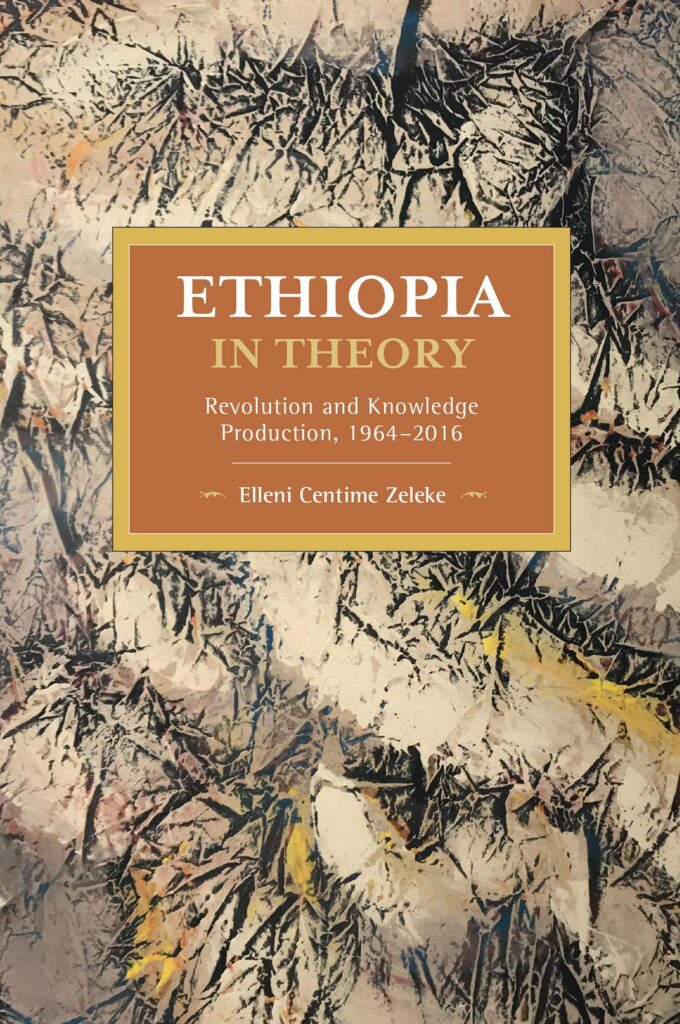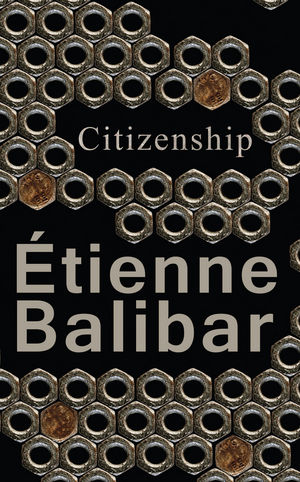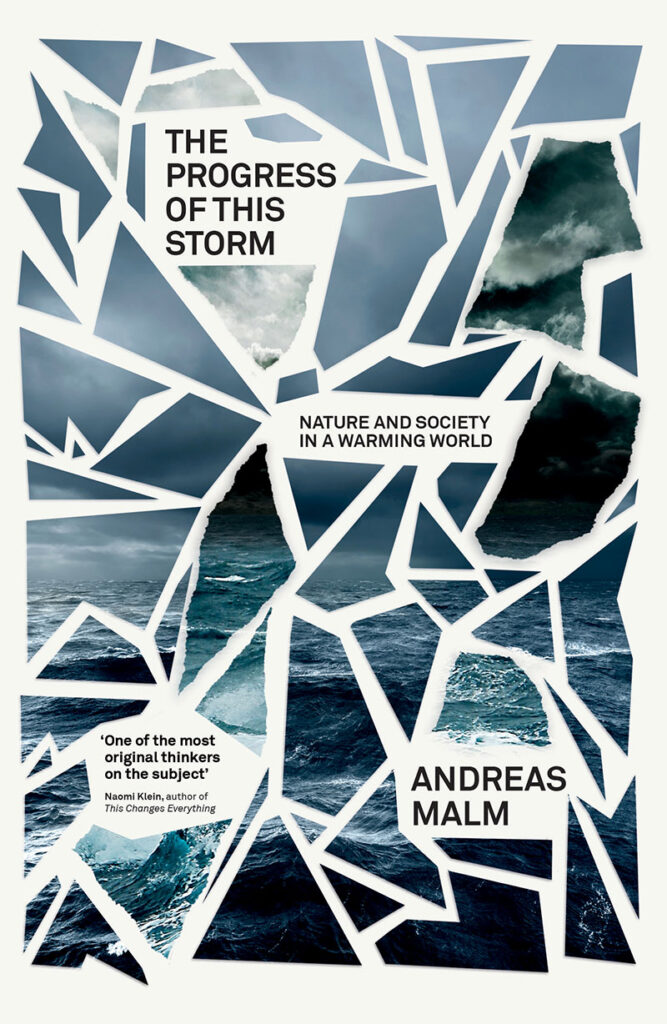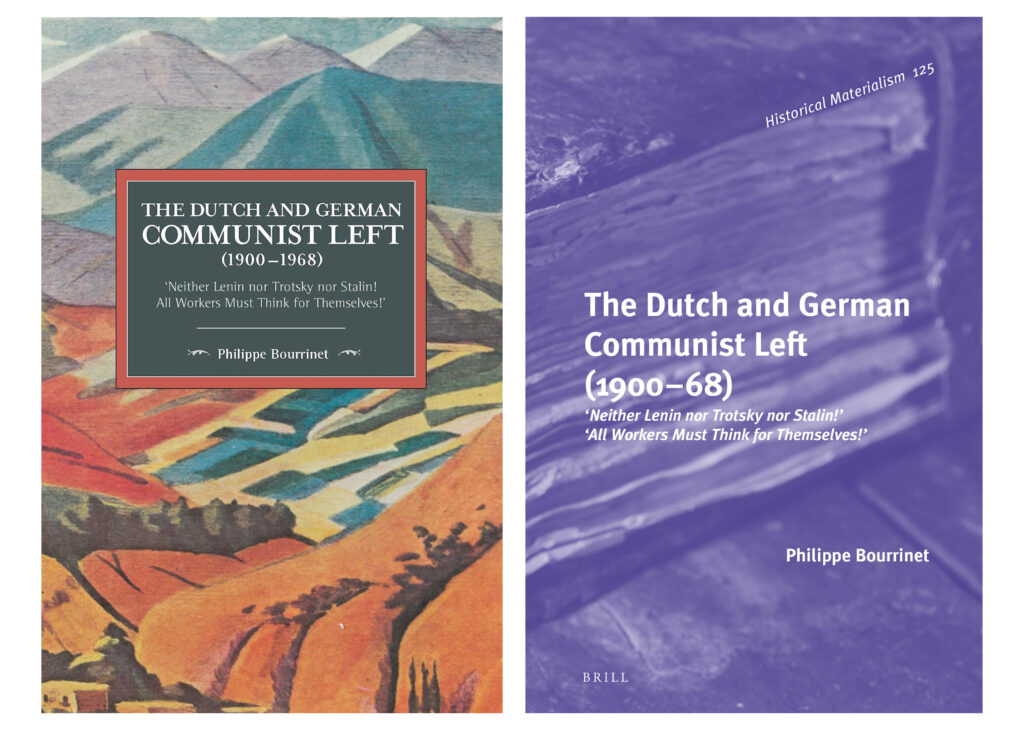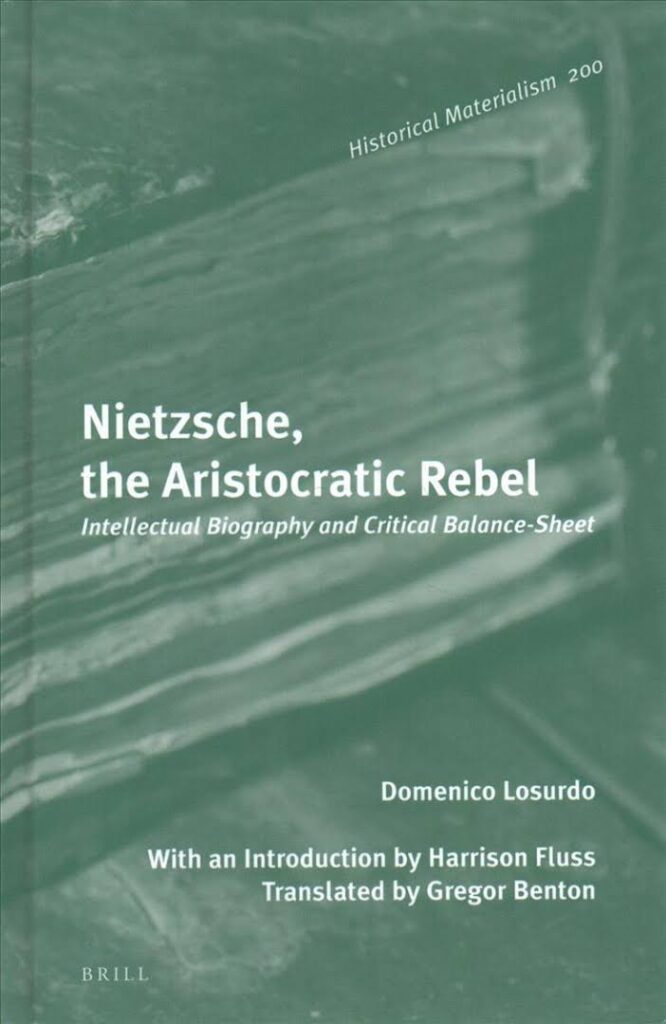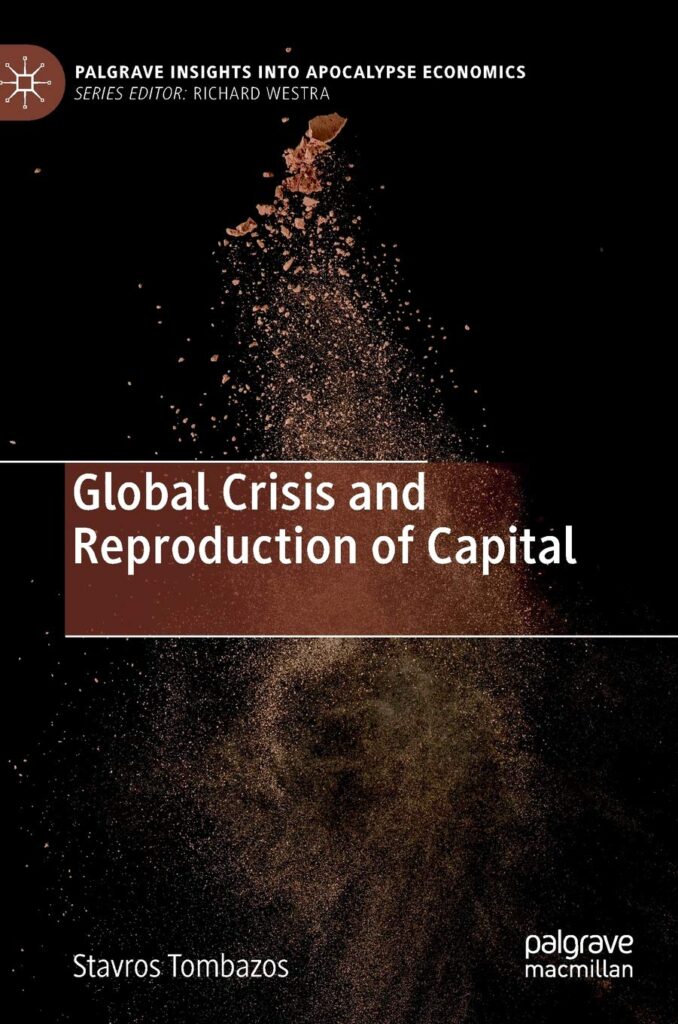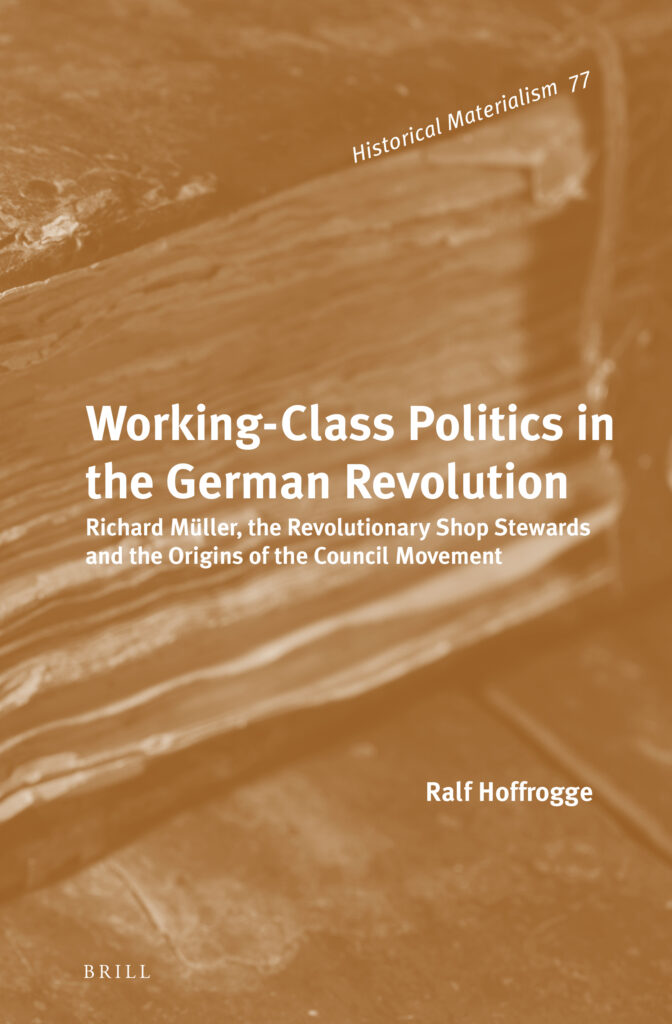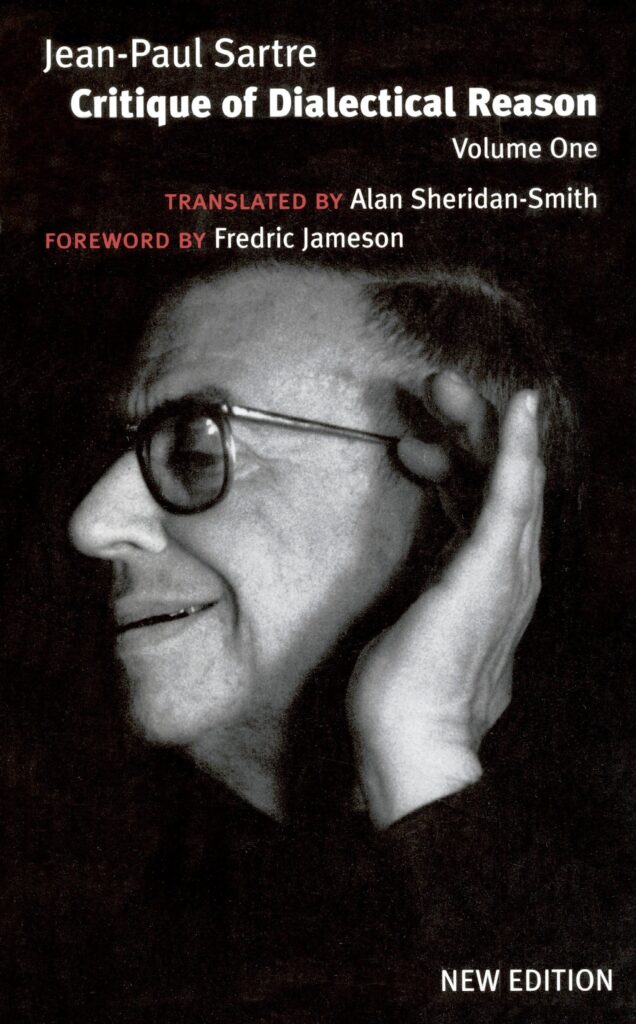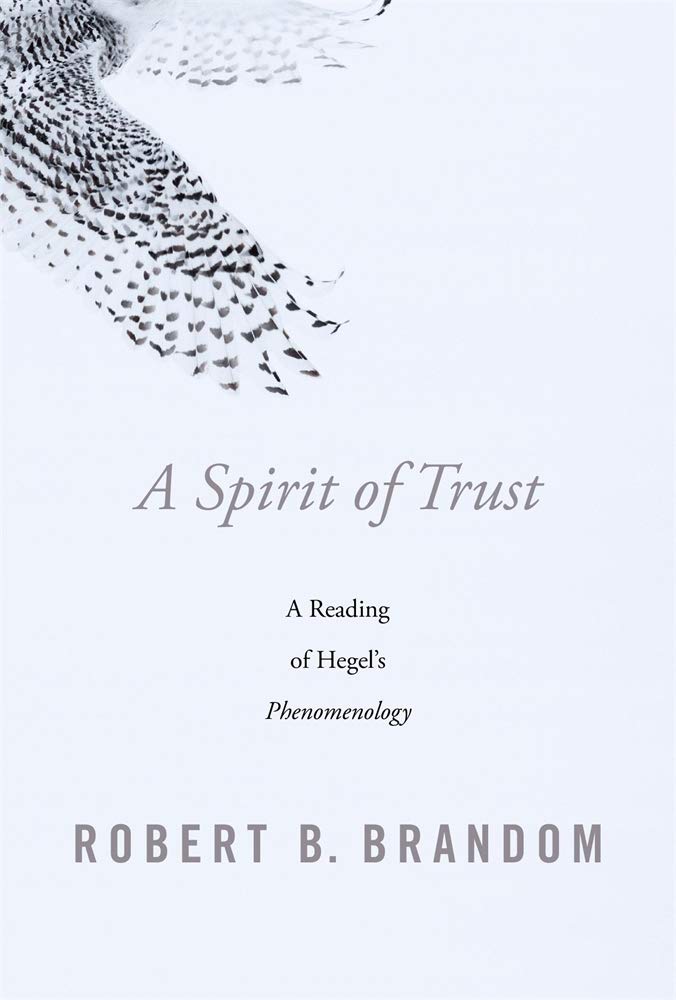Book Reviews
While our journal no longer carries a reviews section, and shorter reviews are now featured on our website, Historical Materialism welcomes articles addressing key contemporary interventions in critical Marxist theory or literature reviews that seek to provide critical surveys of contemporary debates. The word length and criteria for these articles, including the peer-review process, are the same as for other submissions to the journal.
If you are interested in writing articles that critically address recent volumes in critical Marxist theory or critical literature reviews please contact the editorial board in advance with information about the volume(s) under consideration and a short abstract (250 words) outlining your argument.
If you are interested in submitting a shorter review, about a recent Marxist publication to the website, please send us your submission directly to website@historicalmaterialism.org.
A Thinker’s Imperative
A Review of Ethiopia in Theory: Revolution and Knowledge Production, 1964–2016 by Elleni Centime Zeleke, Haymarket Books 2020
A Precarious Game: The Illusion of Dream Jobs in the Videogame Industry
Jamie Woodcock Reviews Ergin Bulut, A Precarious Game: The Illusion of Dream Jobs in the Videogame Industry, London, ILR Press, 2020.
Crossing a twister: On Malm’s The Progress of this Storm (2018)
Abstract: Critically discussing Malm’s (2018) The Progress of this Storm, this review article directly relates to a recent discussion inHistorical Materialism concerning a major epistemic rift in the eco-Marxist debate (Cox vs Hornborg). The article provides an overview of Malm’s argument to subsequently refute his definition of historical materialism in terms of an abstract ‘substance monist property dualism’ as a relapse into a traditional materialism, the critique of which defines historical materialism since theFeuerbach Theses. This relapse is expressed in a false equation of nature and environment, a ‘fossil fixation’ of sorts that is criticised on the basis ofNegative Dialectics (Adorno 2004) uncovering, furthermore, an authoritarian streak that leads to problematic political consequences. Malm’s book does not have it all wrong, however; its insistence on urgency as well as on the difference of nature and society are also valid. Even its misunderstandings correctly, if unintendedly, call for more prudence and precision in using terms like nature, construction or dialectics. Further on, collaboration of leftist theory-activists is favoured over their division into opposing intellectual camps – a division that is potentially deepened by the imbalance in the book between strong rhetoric and comparably weak content.
Questions without Answers: The Dutch and German Communist Left
A Review of The Dutch and German Communist Left (1900–1968): ‘Neither Lenin nor Trotsky nor Stalin! All Workers Must Think for Themselves!’ by Philippe Bourrinet
Stavros Tombazos and the Discordance of Times
A Review of Global Crisis and Reproduction of Capital by Stavros Tombazos
Richard Müller: Sisyphus
A Review of Working-Class Politics in the German Revolution: Richard Müller, the Revolutionary Shop Stewards and the Origins of the Council Movement by Ralf Hoffrogge
The Politics of Dialectics
A Review of A Spirit of Trust: A Reading of Hegel’s Phenomenology by Robert Brandom
Rethinking the Birth of French Communism
A Review of Un court moment révolutionnaire: La création du Parti communiste en France (1915–1924) by Julien Chuzeville
